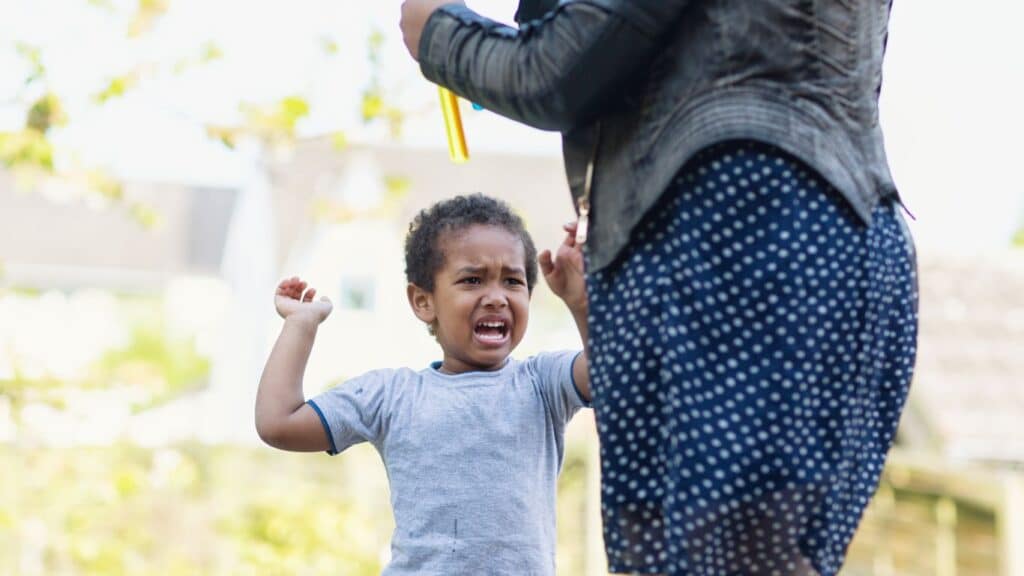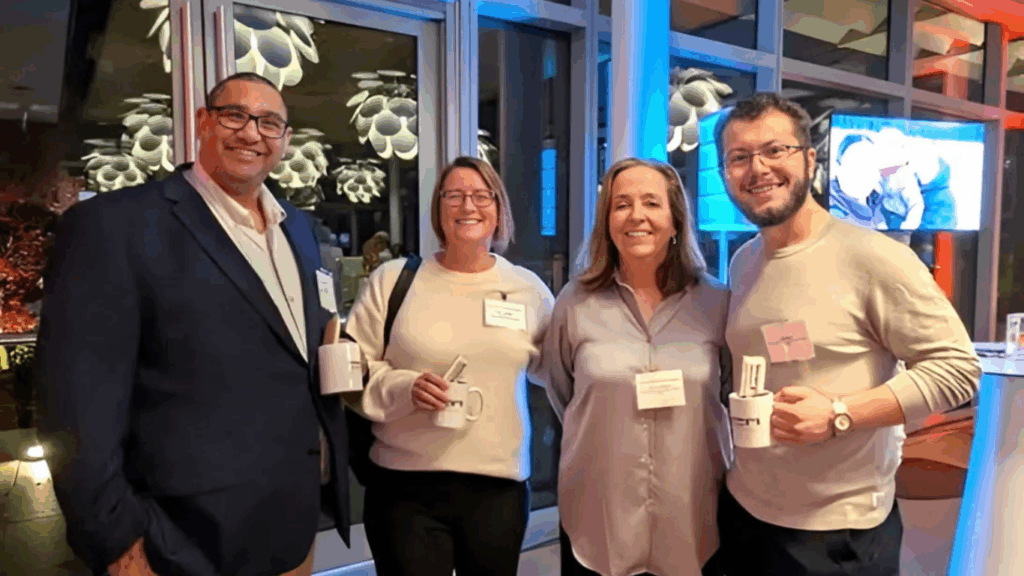A new report reminds us of the challenges some adoptees have in forming their identity, and what could make it easier.
A major new study finds adoption has a profound and enduring impact on the identity of adoptees. Based on input from the experts on the subject – adults who were adopted as children, the Evan B. Donaldson Adoption Institute released a major study on identity formation for adopted persons: Beyond Culture Camp: Promoting Healthy Identity Formation in Adoption (2009).
The study focused on the two largest groups of the 468 people who responded: 179 Korean-born respondents and 156 American-born Caucasian respondants, all adopted by two White parents. The researchers suggest that it is important to note that many of the findings and recommendations also apply to other domestically and internationally adopted persons and families.
Adoption over time
Adoption becomes an increasingly significant aspect of identity, for most adopted people, and race/ethnicity grows in importance, for adoptees of colour, throughout childhood and into adulthood.
| Survey snapshot • 468 adopted adults completed an online survey. • The results concentrate on the 179 respondents born in South Korea (adopted by two White parents), and the 156 Caucasian respondents born in the US (adopted by two White parents). • An extensive review by the Adoption Institute of decades of relevant literature make clear that many of the key observations may be applicable to other domestic and internationally adopted persons and families. |
Discrimination
Adoption-related teasing and bias are a reality for many adoptees, but more so for Whites who experienced the most negative behavior and comments from extended family and childhood friends. Race trumped adoption for adopted persons of colour; i.e., a large majority experienced race-based discrimination rather than (or in addition to) adoption-related negativity.
Wanting to be White
A significant majority of transracially adopted adults reported considering themselves to be or wanting to be White as children–a stark message to parents and professionals–though most eventually grew to identify themselves as members of their racial or ethnic group (in this case, Korean Americans). Even as adults, a minority have not reconciled their racial identity.
Lived experiences
The study found that the most effective strategies for achieving positive identity formation for adoptees are “lived experiences” in particular, travel to native country, and attending racially diverse schools for the transracial adoptees, and contact with birth relatives, for Whites adopted domestically. A majority of adopted adults, in both categories, said they had searched for their roots in some way.
Comfort factors
The strongest predictor of comfort with adoption identity for White respondents was life satisfaction. For Korean adopted adults, three factors predicted comfort with adoption identity: gender (females were more comfortable with their adoption); satisfaction with life (higher satisfaction predicted greater comfort with adoption); and self-esteem (higher self-esteem predicted greater comfort with adoption).
Read Beyond Culture Camp: Promoting Healthy Identity Formation in Adoption.





